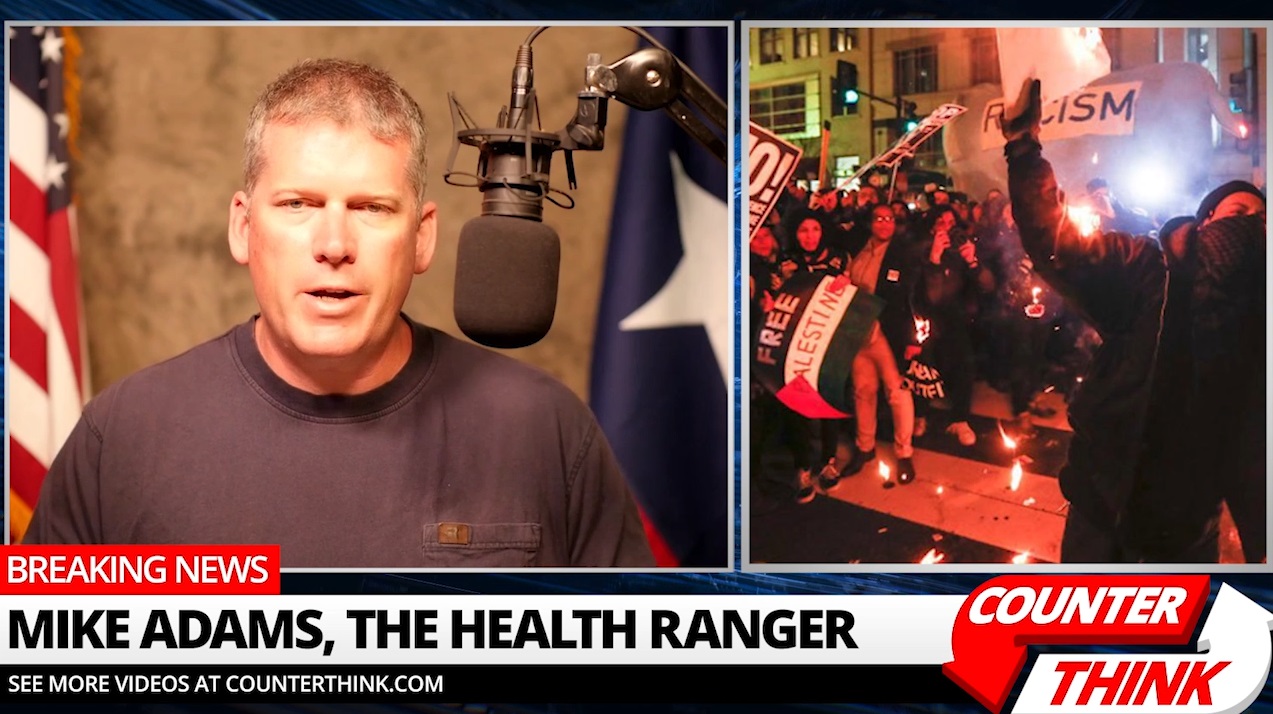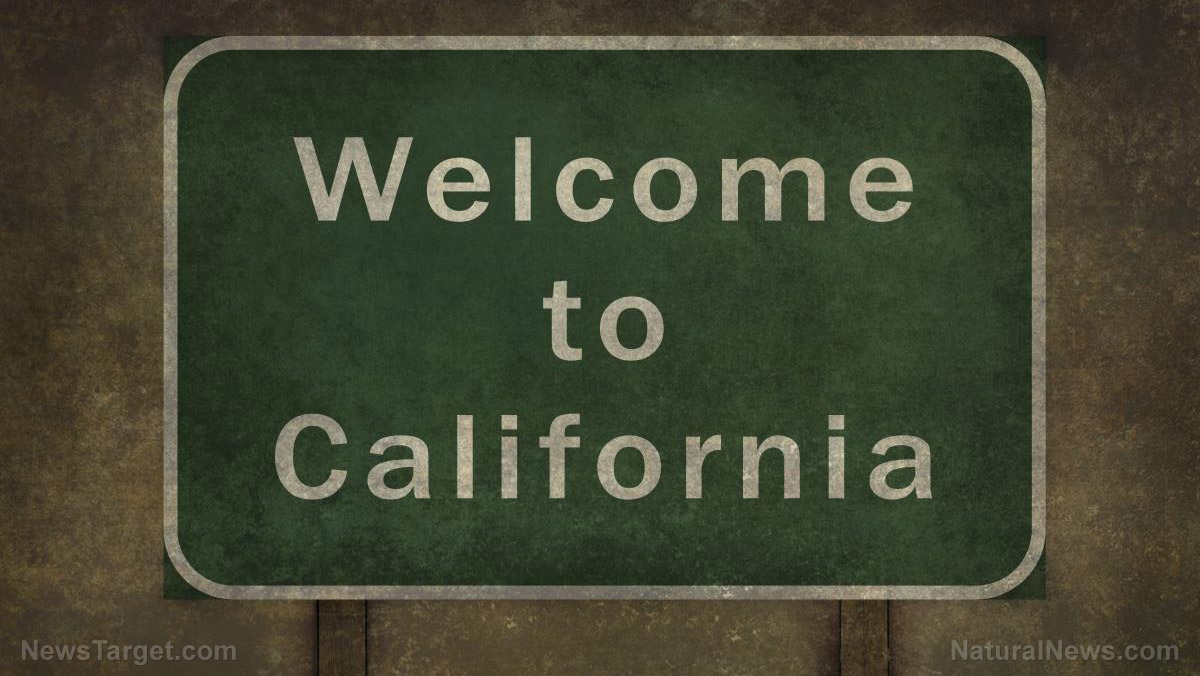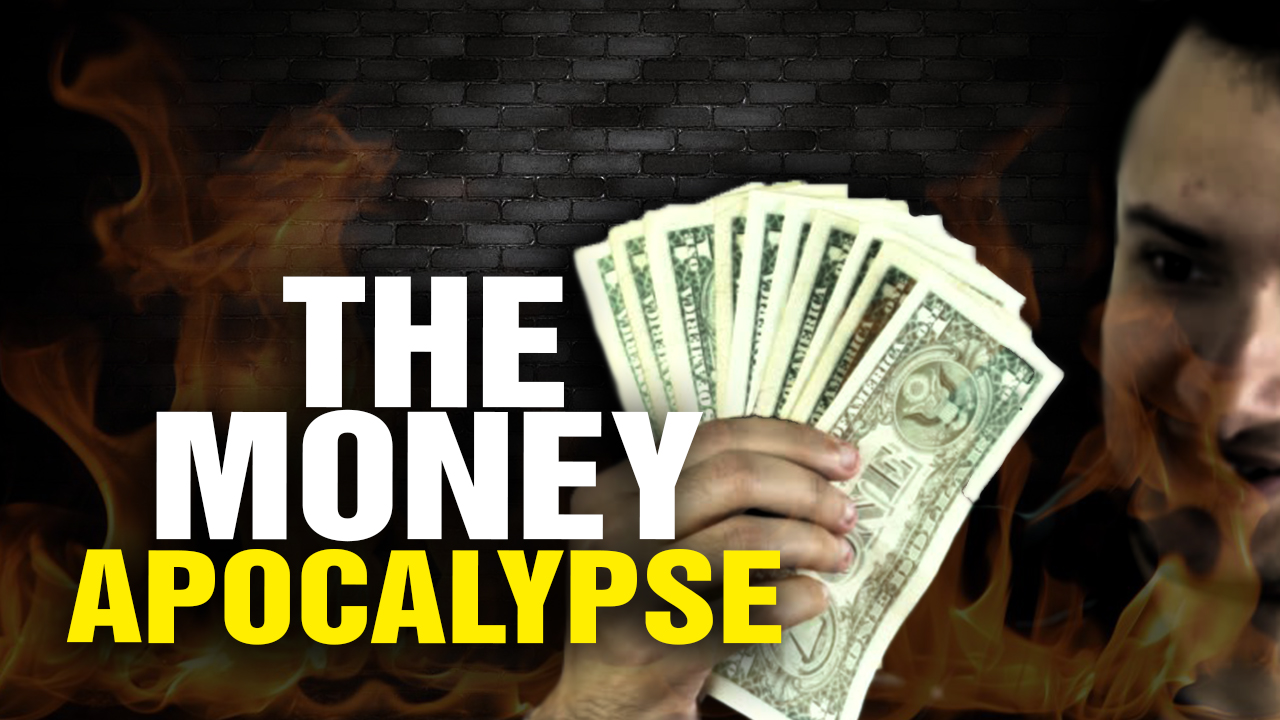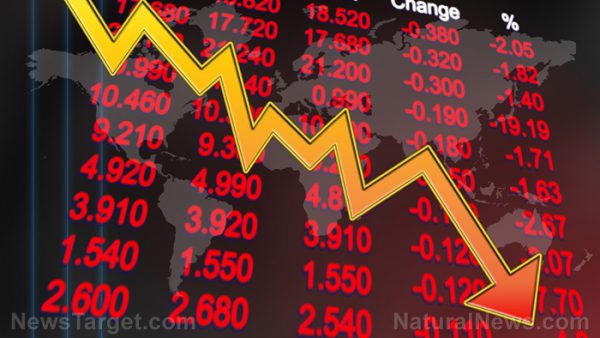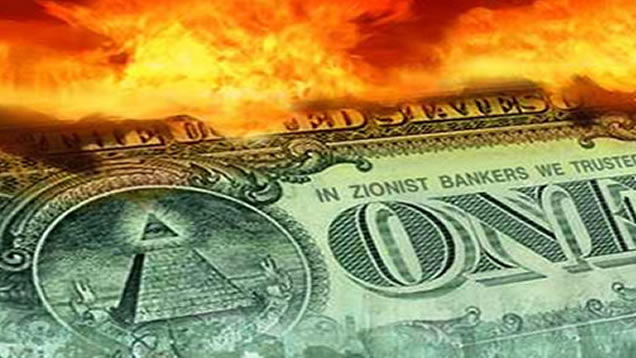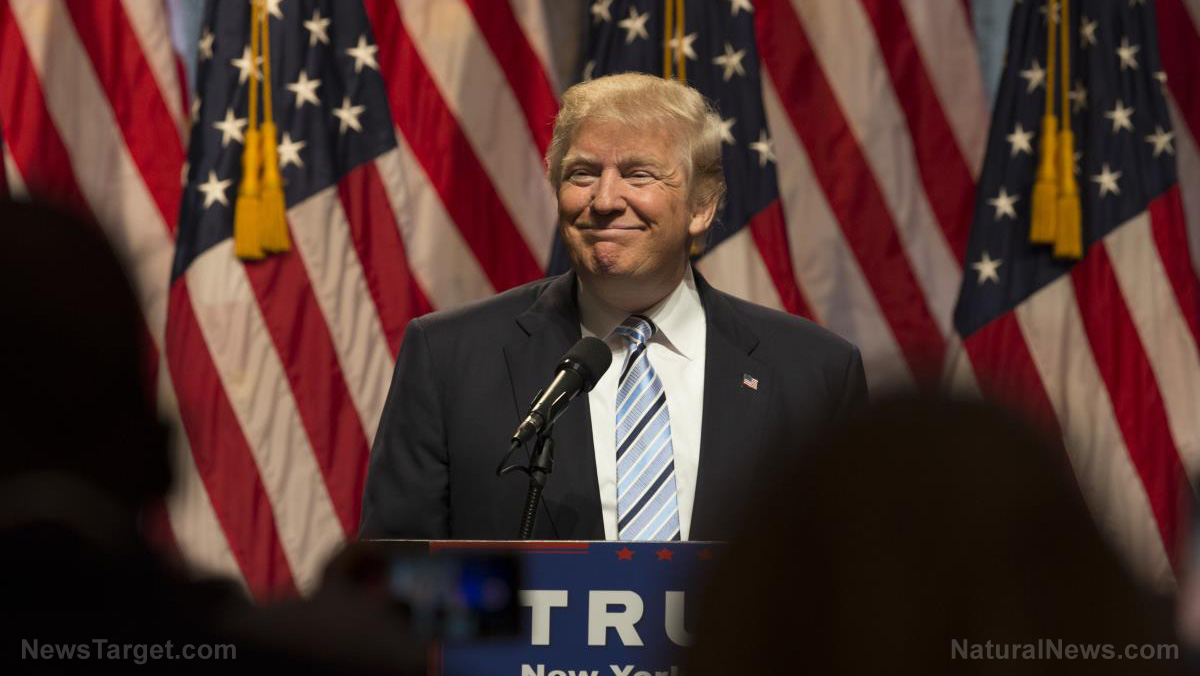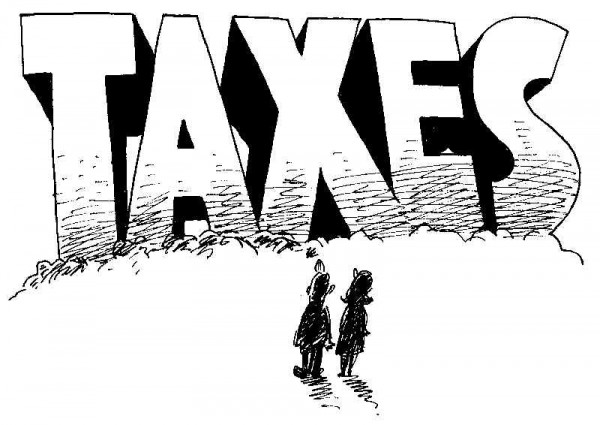Is America’s “giant debt factory” Federal Reserve setting us up for an economic nightmare?
09/21/2017 / By JD Heyes

In a recently published column Armstrong Williams, conservative author, pundit and one-time advisor and spokesman for HUD Secretary Ben Carson’s 2016 presidential quest, says he believes that the Federal Reserve is nothing more than a “giant debt factory” that is setting the country up for a fiscal disaster.
In making his observations, Williams noted that he had recently completed the book “The Creature from Jekyll Island,” which was written by noted conspiracy theorist G. Edward Griffin, a tome that details the author’s thoughts on why the Fed was created in the first place — and it wasn’t to advance and guide sound domestic economic policy.
Williams said the book makes a number of “provocative assertions,” including these three:
— The United States jumped into World War I not due to the unrestricted nature of Germany’s U-Boat campaign, which eventually caused then-President Woodrow Wilson to finally seek a declaration of war from Congress, but because war profited a few bankers;
— The Bolshevik Revolution of 1917 in Russia was supported by international actors who sought to destabilize the country and then steal the wealth of the Russian people;
— “Foreign aid” today is just a crafty means of shifting bad debt from wealthy financiers and banks to American taxpayers.
Williams is quick to note that the book contains some glaring contradictions, such as its claim that President Lincoln was a liberator who wanted to “avoid being goaded into a destructive civil war by European powers” who were jealous of American prosperity, and that he thought of colonizing Mexico.
But, Williams noted, the book does contain some valid points that are worth serious thought and consideration. Namely, that over the course of several generations, people with concentrated wealth have shown a desire to utilize the U.S. military and the seemingly limitless fiscal power of the American taxpayer for personal gains.
In that vein, Griffin makes the case that the Federal Reserve was a quasi-financial system created through political action to disguise the fact that a private banking cartel was being given control over U.S. currency and economic policy.
Griffin explains that the Federal Reserve isn’t “federal” and it’s not a “reserve.” It’s not a federal government entity and it doesn’t hold genuine financial instruments in “reserve” (like gold). Rather, he argues, the Fed is a gigantic debt factory that is supported by the “full faith and credit” of taxpayers.
Whatever the truth, there are some things that cannot be denied. For one, since the Great Recession of 2008, the country has drowned in debt, which doubled between President Obama’s first year in office to the time he left in January 2017, rising from about $10 trillion to now more than $20 trillion. Before Obama, George W. Bush doubled the national debt from $5 trillion to $10 trillion over his two terms. (Related: Why the “Universal Basic Income” is actually Universal Basic WELFARE for the enslaved masses.)
For another, the cost of energy in the U.S., along with housing, education, and other commodities and necessities has skyrocketed — all while wages have remained flat or even declined. Someone working for a tech giant in Silicon Valley can easily earn six figures a year, but as Williams notes, they still can’t afford a home there. “Home prices are so out of line with average salaries that cities like San Francisco and Los Angeles” are seeing homeless epidemics, he wrote.
Meanwhile, local and state governments — along with the federal government — have increased regulatory costs and raised taxes to cover dwindling reserves and higher expenses, and these increases, too, have exerted tremendous downward pressure on earners.
“The great project to rescue the American economy by the Fed has hit an obvious wall,” Williams writes. “The debt it used to goose the economy is now gumming up the system and constraining real growth. The looming question of what actually happens when the debt bubble finally bursts is one that not even the soberest economists at the Fed have been able to confront effectively.”
The lesson is that “centralized economic planning” cannot and will not ever replace genuine growth achieved via capitalism. And we continue to fail to realize that at our peril.
J.D. Heyes is a senior writer for NaturalNews.com and NewsTarget.com, as well as editor of The National Sentinel.
Sources include:
Tagged Under: Collapse, debt, debt collapse, economic collapse, Federal Reserve, fiat currency, manipulation, money supply, risk



